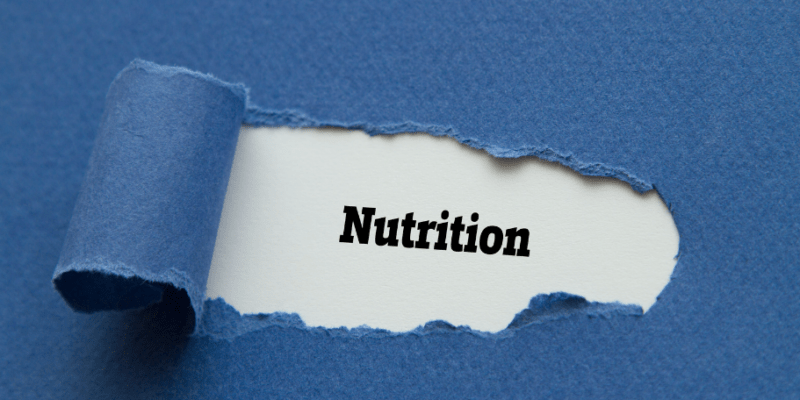Protein is an essential macronutrient that plays a crucial role in the optimal functioning of our body. It is responsible for building and repairing tissues, making enzymes and hormones, and supporting overall growth and development. Our muscles, skin, bones, hair, nails, and other body parts are all made up of proteins. Hence, it is vital to consume enough protein every day to maintain good health and well-being. So, without further ado, let’s dive into the world of proteins and explore some of the best sources for optimal nutrition.
Why is Protein Intake Important?
Before we dive into the good sources of protein, let’s understand why it is important to consume an adequate amount of this macronutrient:
- Proteins are the building blocks of our body and are required for proper growth and development.
- They play a major role in maintaining muscle mass, especially as we age. Adequate protein intake ensures that we can maintain healthy muscles, which is crucial for mobility, strength, and balance.
- Protein-rich foods have a high satiety value, meaning they keep you full for longer and reduce cravings, making it easier to manage your weight.
- They are involved in numerous metabolic processes, including the production of enzymes, hormones, and antibodies that help keep our bodies functioning optimally.
Given its diverse functions and benefits, it is clear why protein intake should be an integral part of a healthy diet. Now, let’s take a look at some of the best sources of protein that can help you achieve optimal nutrition.
Best Sources of Power-Packed Proteins
- Lean Meat and Poultry: Lean meats such as chicken, turkey, and beef are excellent sources of high-quality protein. They also provide essential micronutrients like iron, zinc, and vitamin B.
- Seafood: Fish and other seafood are rich in protein, omega-3 fatty acids, and various vitamins and minerals. Salmon, tuna, sardines, and shrimp are some of the best seafood options to include in your diet.
- Eggs: Eggs are a complete protein source, meaning they contain all the essential amino acids required by our body. They also provide numerous vitamins and minerals, making them an ideal power-packed food.
- Dairy Products: Dairy products like milk, cheese, and yogurt are not only rich in protein but also provide essential nutrients like calcium, phosphorus, and vitamin D. Choose low-fat options to keep your saturated fat intake in check.
- Legumes: Legumes such as lentils, beans, and peas are excellent plant-based sources of protein that are also high in fiber and micronutrients like iron, magnesium, and potassium.
- Nuts and Seeds: Not only are nuts and seeds a good source of protein, but they also provide healthy fats, fiber, and various vitamins and minerals. Almonds, cashews, pumpkin seeds, and chia seeds are some excellent options to add to your diet.
- Protein Powders: Protein powders are a quick and convenient way to add protein to your diet. They are available in various forms, including whey, casein, soy, and pea protein. Choose a high-quality product that is low in added sugars.
Conclusion
Protein is an essential nutrient that plays a crucial role in maintaining optimal health and well-being. By including the above-mentioned sources of protein in your diet, you can ensure that you are getting an adequate amount of this macronutrient to support your body’s functions. Remember to choose a quality high protein powder to supplement your diet with an additional protein boost. So, make sure to include these power-packed protein sources in your meal plan and take a step towards achieving optimal nutrition!







Comments